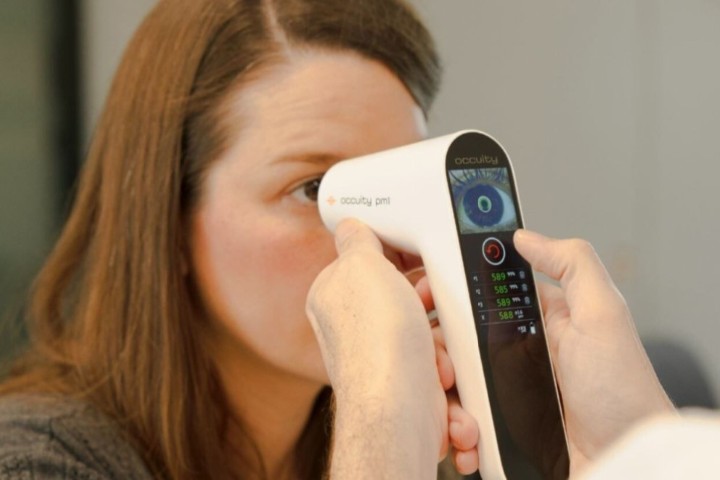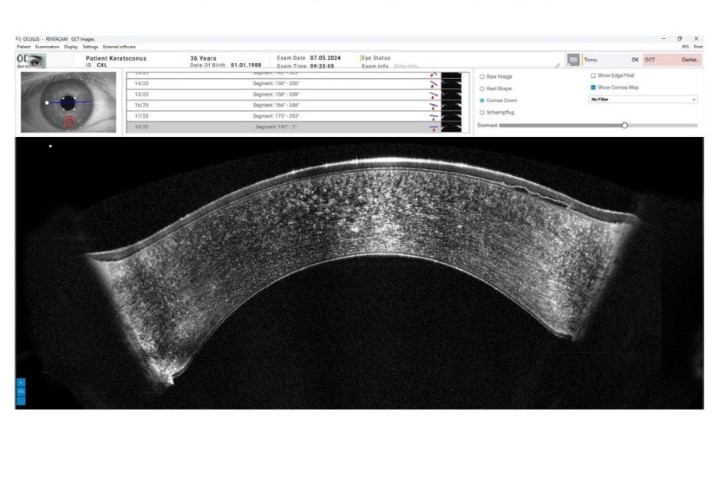FDA approves artificial iris
The US Food and Drug Administration has approved the first stand-alone prosthetic iris in the United States, a surgically-implanted device to treat adults and children whose iris is completely missing or damaged due to a congenital condition called aniridia or other damage to the eye.
“Today’s approval of the first artificial iris provides a novel method to treat iris defects that reduces sensitivity to bright light and glare. It also improves the cosmetic appearance of the eye in patients with aniridia,” said Dr Malvina Eydelman, who oversees ophthalmic, and ear, nose and throat devices at the FDA's Center for Devices and Radiological Health.
Congenital aniridia is a rare genetic disorder in which the iris is completely or partially absent. It affects approximately one in 50,000 to 100,000 people in the US. In addition to congenital aniridia, the CustomFlex Artificial Iris is indicated to treat iris defects due to other reasons or conditions, such as albinism, traumatic injury or surgical removal due to melanoma.
The CustomFlex Artificial Iris is made of thin, foldable medical-grade silicone and is custom-sized and coloured for each individual patient. A surgeon makes a small incision, inserts the device under the incision, unfolds it and smooths out the edges using surgical instruments. The prosthetic iris is held in place by the anatomical structures of the eye or, if needed, by sutures.


























